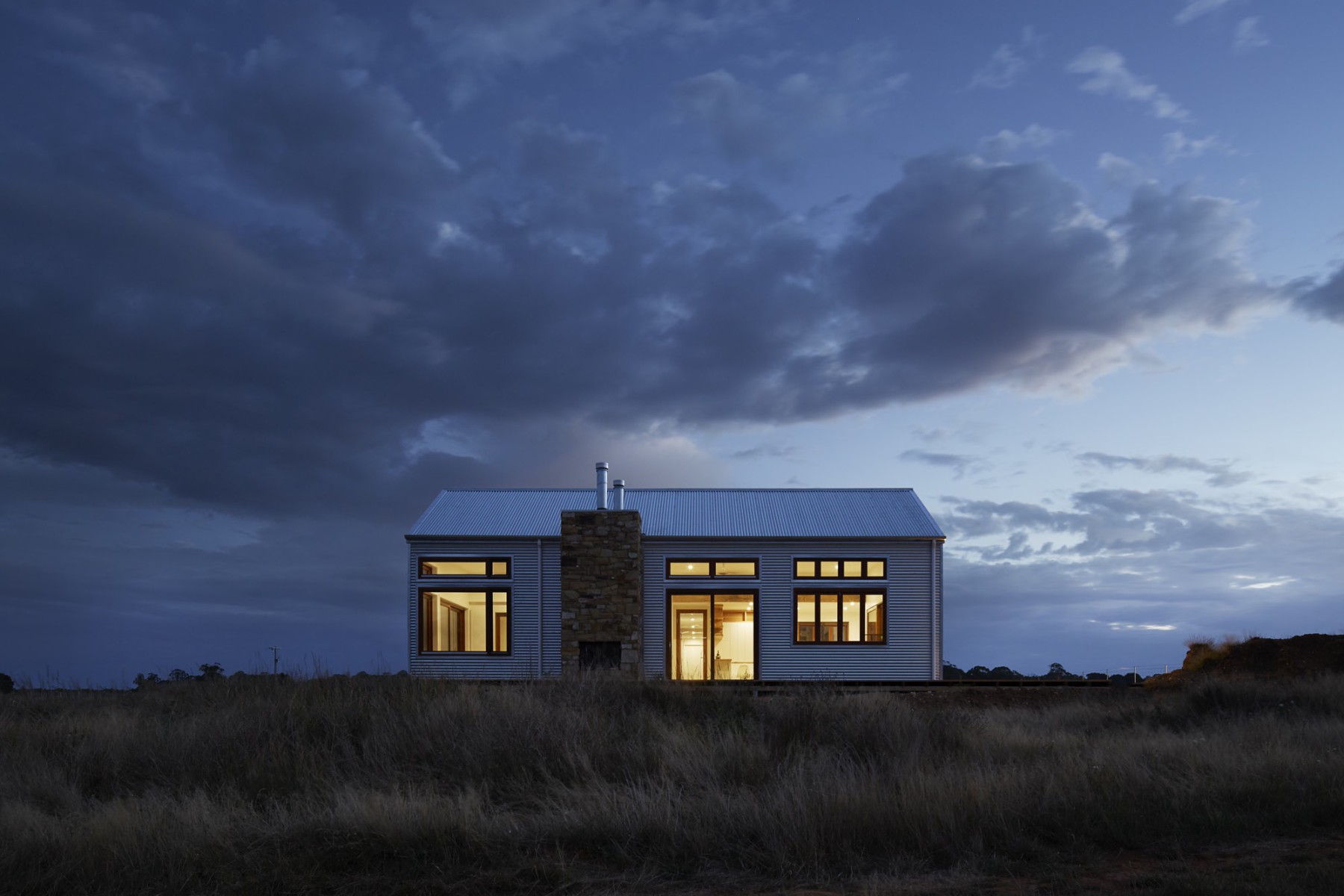When you are beginning to invest in properties, you will likely be considering a variety of different types of investments such as condos, apartments, townhouses, villas, duplexes, or single family homes. In this post, we will be discussing duplexes and single family homes and the differences between investing in the two. Both are attractive first-time investments for many individuals who choose to begin investing in real estate and want a return on their profit. However, there are pros and cons to investing in both.
Throughout this post, we explore both the pros and cons of investing in each, and we help provide you with facts and information to help you decide which investment will work best for you.
Pros & Cons of Investing in Duplexes:
Duplexes are two homes that are attached to the same building. Generally, one family will live in each unit of the duplex. The following are some pros and cons to investing in duplex properties:
Pros of Investing in Duplex Properties:
- Duplexes are less challenging to manage and require less hands-on management than a multi-apartment unit with say 4+ apartments up into buildings that hold 10s or 100s of units.
- Vacancies will have less of an effect on your bottom line (you still get revenue to help you cover your expenses of owning the duplex from the other half of your duplex if it’s inhabited).
- Property insurance rates are about 15 to 25% lower for these properties.
- Generate more cash-flow over time as you have two tenants paying rent rather than just one.
- Most duplexes only cost about 25% more to purchase than a single family home (you get to rent to two tenants rather than just one, you make this money back over time).
Cons of Investing in Duplexes:
- If you choose to live on one side of the duplex and rent out the other, then you are stuck living with whatever tenants you lease. If they are bad neighbors or are constantly loud, this could make life miserable for you (or the other tenants living next door).
- If you live on the other side of the duplex loud or obnoxious neighbors may become a nuisance to you. If you’re not disturbed by the person, the other tenants living there may have complaints.
- You are easily available and easier to constantly be pestered for every single little thing if you live right next door to your tenants on the other side of the duplex.
- You lose some money (less than a single-family home) if half of the complex is vacant for some time after tenants move out.
- There is some additional responsibility to owning a duplex as you have to be responsible for repairs and maintenance for everyone that lives in both units, so some additional responsibility is undertaken even with a duplex investment (which is less responsibility that many individual family homes pay present).
- Home values for duplexes may vary from single-family homes (being more or less valuable) based on the area in which you live and the various home values in that area. Understanding the home values in your area can help determine if a duplex is a better (or worse) investment than a single-family home would be.
In the end, just like everything, there indeed are pros and cons to purchasing both a single-family home or a duplex as an investment property. Understanding what you want from your property, your budget, the costs associated with each, and the responsibility you take by choosing your investment properties can help you determine which investment is right for you.
Conclusion:
Many people lean towards duplexes as you get two (2) units that you can rent versus one in a single-family home. The lower property insurance and taxes on many duplexes make them tantalizing for investors who want to purchase investment properties without the responsibility of managing entire apartment complexes that offer 10s or 100s of units to renters, but offer several opportunities (2 per duplex) to make some extra rental income on the side. Others prefer single-family homes that offer residents more privacy and space.
Either way, understanding your investments and the values of properties in your area will help you make the best choice for investment porfolios.
